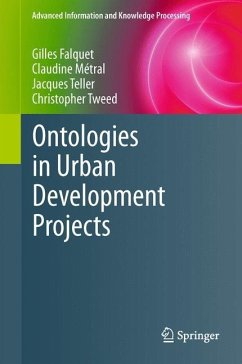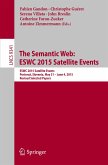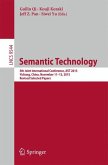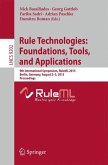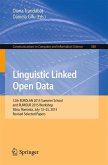Ontologies are increasingly recognized as essential tools in information science. Although the concepts are well understood theoretically , the practical implementation of ontologies remains challenging. In this book, researchers in computer science, information systems, ontology engineering, urban planning and design, civil and building engineering, and architecture present an interdisciplinary study of ontology engineering and its application in urban development projects. The first part of the book introduces the general notion of ontology, describing variations in abstraction level, coverage, and formality. It also discusses the use of ontologies to achieve interoperability, and to represent multiple points of view and multilingualism. This is illustrated with examples from the urban domain. The second part is specific to urban development. It covers spatial and geographical knowledge representation, the creation of urban ontologies from various knowledge sources, the interconnection of urban models and the interaction between standards and domain models. The third part presents case studies of the development of ontologies for urban mobility, urban morphological processes, road systems, and cultural heritage. Other cases report on the use of ontologies to solve urban development problems, in construction business models, building regulations and urban regeneration. It concludes with a discussion of key challenges for the future deployment of ontologies in this domain. This book bridges the gap between urban practitioners and computer scientists. As the essence of most urban projects lies in making connections between worldviews, ontology development has an important role to play, in promoting interoperability between data sources, both formal (urban databases, Building Integrated Models, Geographical Information Systems etc.) and less formal (thesauri, text records, web sources etc.). This volume offers a comprehensive introduction to ontology engineeringfor urban development. It is essential reading for practitioners and ontology designers working in urban development.
From the reviews: "This book, a collection of papers by different authors, presents an overview of the theory and practice of ontology engineering. ... This book is good reading for any professional interested in ontology engineering and domain ontology design. It is an accurate representation of the state of the art of urban ontologies, and leaves readers with a sense of the amount of work still required for real urban interoperational systems." (Mariana Damova, ACM Computing Reviews, December, 2011)

